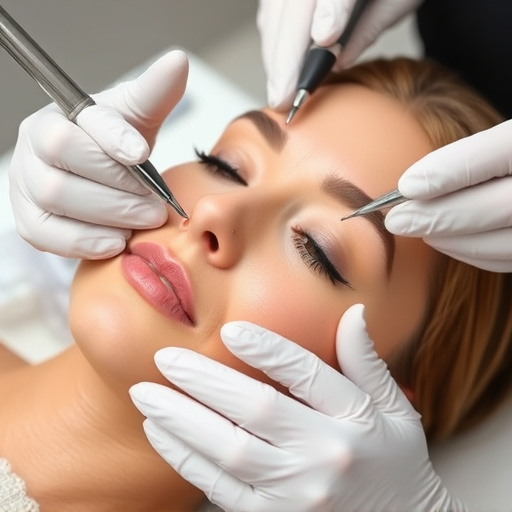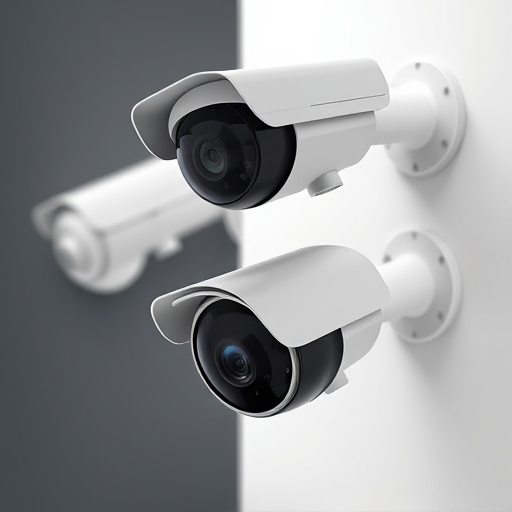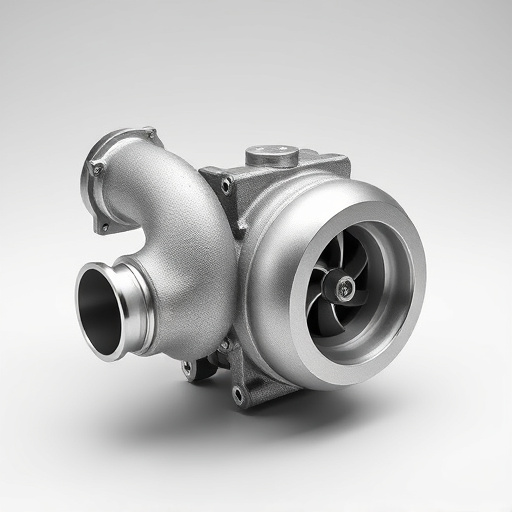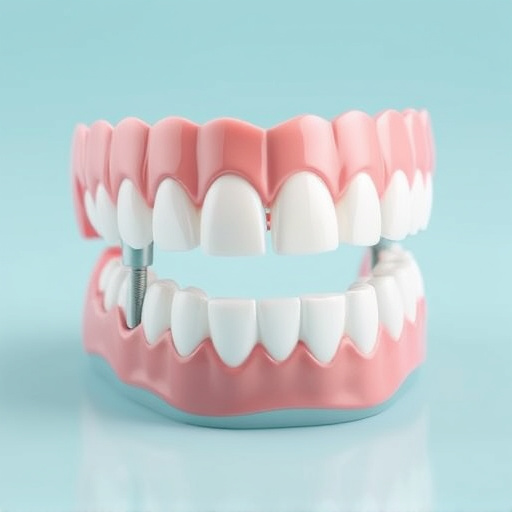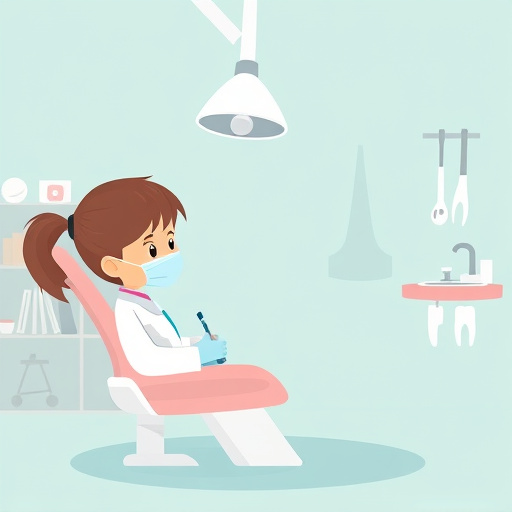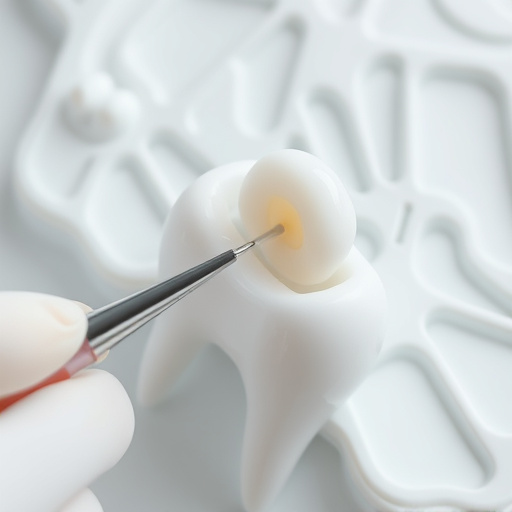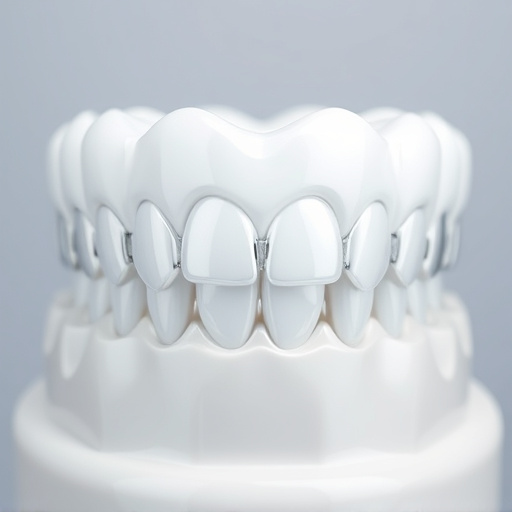Laser dentistry treatment revolutionizes oral care with precise, minimally invasive procedures for biopsies and surgeries. Using focused light beams, lasers enable accurate tissue sampling, faster healing, reduced discomfort, and minimal damage to surrounding areas compared to traditional methods. Advantages include quieter procedures, efficient wound healing, less bleeding, and improved surgical outcomes in tasks like extractions, gum reshaping, and implant support.
“Laser dentistry treatment is transforming the field of oral healthcare, offering precise and minimally invasive options for biopsies and surgical procedures. This innovative approach, characterized by its accuracy and reduced tissue damage, provides numerous advantages in complex oral surgeries.
From faster healing times to decreased patient discomfort, laser technology ensures effective and efficient treatments. This article delves into the benefits of laser dentistry for biopsies and its support in various oral surgery cases, revolutionizing dental care with precise, state-of-the-art solutions.”
- Understanding Laser Dentistry for Biopsies
- Advantages of Laser Technology in Oral Surgery
- Effective and Efficient Healing Process
Understanding Laser Dentistry for Biopsies
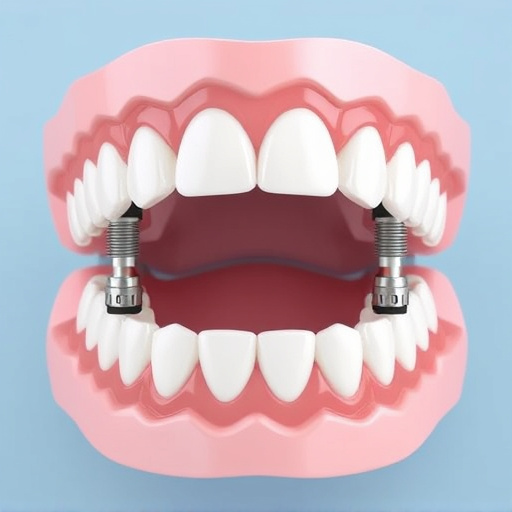
Laser dentistry treatment has emerged as a revolutionary approach for various dental procedures, including biopsies and oral surgeries. This advanced technology utilizes focused beams of light to interact with tissues, offering precise and minimally invasive options for dentists. When it comes to biopsies, laser dentistry allows for accurate sampling of suspicious oral lesions while reducing discomfort and recovery time compared to traditional methods.
By delivering a narrow beam of high-intensity light, lasers can cut or vaporize tissue with remarkable accuracy, minimizing damage to surrounding areas. This precision is especially beneficial in delicate oral surgery procedures, where the goal is often to preserve healthy structures. Unlike traditional scalpel-based techniques, laser dentistry treatment promotes faster healing and reduces post-operative pain, making it a preferred choice for many dental professionals and patients alike, even when considering cosmetic dentistry options like clear aligners.
Advantages of Laser Technology in Oral Surgery
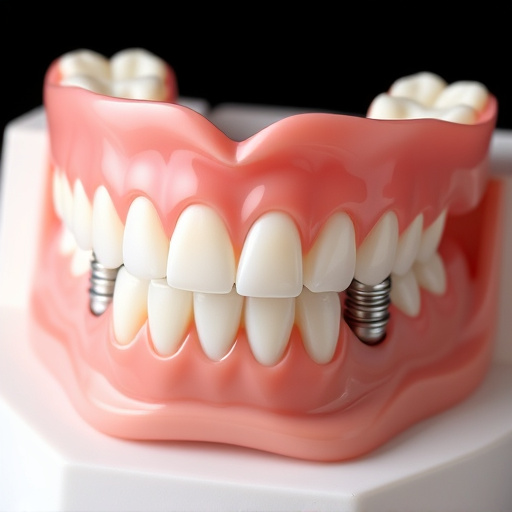
Laser technology has revolutionized laser dentistry treatment for biopsy and oral surgery support, offering several advantages over traditional methods. By utilizing focused beams of light, dental lasers provide precise cutting and sculpting capabilities, enabling minimally invasive procedures. This not only reduces tissue damage and post-operative discomfort but also accelerates healing times significantly. Laser dentistry treatment is particularly beneficial in biopsies, where the high precision ensures accurate sampling while minimizing disruption to surrounding healthy tissues.
Furthermore, lasers can streamline various oral surgical procedures by simplifying tasks such as tooth extraction, gum reshaping, and nerve decomposition. They emit minimal heat, reducing the risk of thermal damage to nearby structures. This level of control allows for more meticulous work, especially in confined spaces. Moreover, laser dentistry treatment promotes better patient comfort due to reduced noise and vibration compared to surgical tools powered by electricity or air pressure. These advantages make it a valuable asset in modern family dentistry practices, enhancing the efficiency and effectiveness of dental cleanings and related surgeries.
Effective and Efficient Healing Process
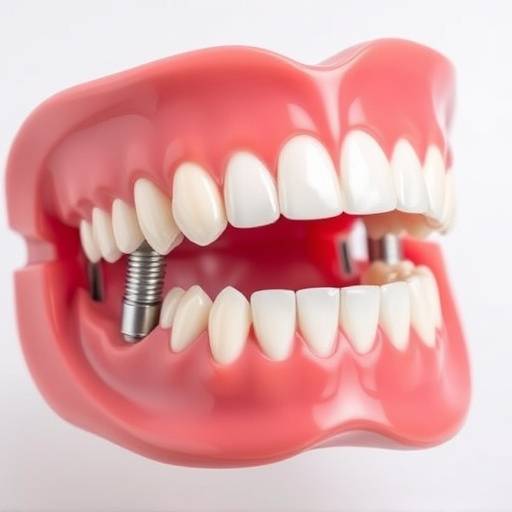
Laser dentistry treatment offers a superior healing process compared to traditional methods, ensuring patients experience faster recovery and reduced discomfort during the post-procedure period. The precision and minimal invasiveness of lasers allow for more effective surgical incisions and tissue manipulation, leading to less bleeding and swelling. This advanced technique promotes efficient wound healing, as it helps preserve healthy adjacent tissues and reduces the risk of infection.
Moreover, laser dentistry treatment provides a comprehensive dental care solution, especially in cases requiring biopsy or oral surgery support. It can be particularly beneficial for patients undergoing dental implants procedures, as it aids in precise bone cutting and tissue regeneration, contributing to overall improved surgical outcomes. This modern approach not only expedites the healing process but also enhances the precision and success rate of various dental interventions, offering patients a more comfortable and efficient experience.
Laser dentistry treatment offers a sophisticated and precise approach to biopsies and oral surgery support, revolutionizing patient care. The advantages of laser technology are evident in its effective healing process, ensuring faster recovery times compared to traditional methods. By understanding the benefits outlined in this article—from accurate tissue sampling to reduced surgical trauma—dental professionals can leverage laser dentistry treatment for improved patient outcomes.



